Drug addiction can affect anyone. It is a mental and physical disorder that leaves you unable to stop taking drugs despite negative consequences.
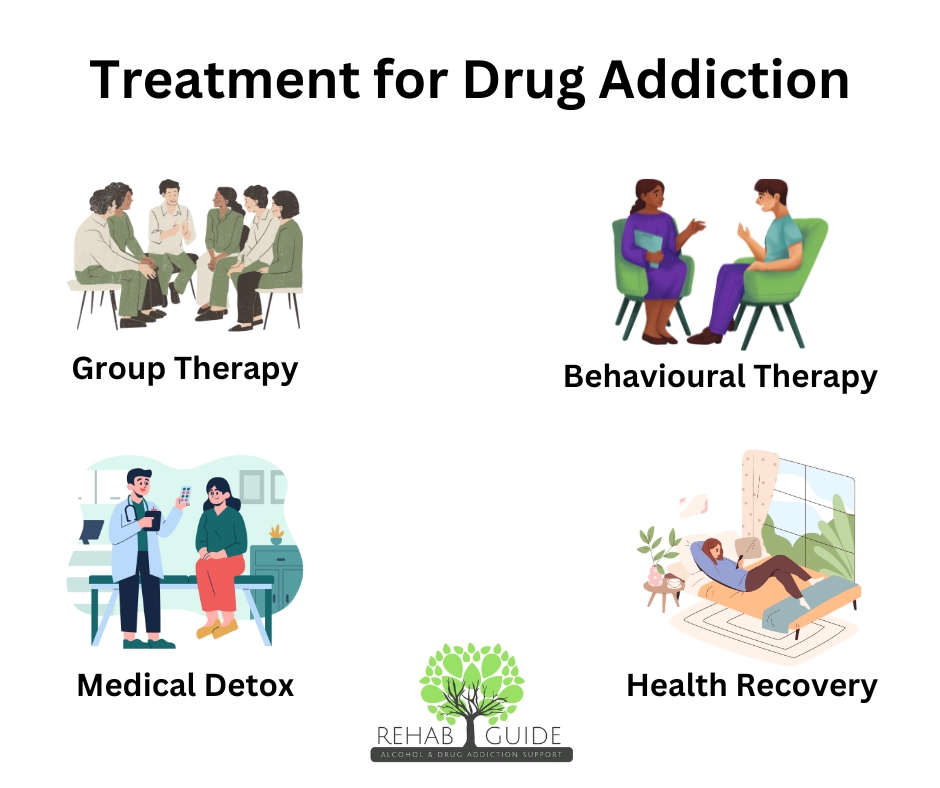
There are few things that cause as much pain and dread in families as the threat of drug addiction. What starts as an experiment or habit can quickly spiral out of control into an addiction.
Not only can an addiction to illegal or prescription drugs consume your life, taking away from relationships, work, and life dreams, but it also exposes you to a significant risk of disease, violence and crime.
With the right help and support, you can get drug-free and stay that way.
Drug use and addiction might affect the whole body, but they are issues that happen in the brain.
Our brain is the body, and drugs change how they work.
The reason people take drugs is for how it makes them feel. This varies from drug to drug.
Drugs can make us feel:
Drugs do this by affecting the reward centre of our brain.
Usually, when we do something that makes us happy, satisfied or relaxed, the brain releases a chemical to give us that feeling. For example, exercising releases serotonin, and hugging a loved one provides oxytocin, which makes us feel good.
Drugs do this without the need to do anything else.
The problem is when we take drugs very regularly, the brain and body know this isn’t right. The brain then dials down the production of these chemicals.
This has several effects:

Quitting a drug addiction is one of the most challenging things a person can do. Addiction is not a curable condition, but it is treatable, and it is possible to get your old self back.
There are many misconceptions about drug addiction and how to recover from it.
An inpatient rehab program is the safest and most effective way to stop taking drugs. In rehab, you will be protected from outside influences in a drug-free zone.
Cravings and withdrawal are the most common reasons for drug relapse. Medication will help manage these. Medical detox will be available, and the staff will care for you while you recover. With the added benefit, you don’t have to dread drug withdrawal if you have tried it before.
The psychological part of addiction must be treated if long-term recovery is the goal. You may have started using drugs for lifestyle reasons. For example, your friends or workmates took them.
CBT (Cognitive Behaviour Therapy) will help you fix the behaviour patterns and habits leading to drug addiction. Learning new patterns and coping techniques will allow you to protect yourself from relapse.
Many turn to drugs to self-medicate for mental health or chronic pain issues. These mental health concerns have to be dealt with before fully recovering. A counsellor and the option of anti-anxiety and anti-depressant medications will be available to help you in rehab.

You might be thinking about aromatherapy and meditation, and these are certainly part of rehab programs but not the whole story—holistic means treating the entire person, not just the addiction. Drug addiction can take over your life, and you need to be able to fill that gap when you stop.
As we mentioned above, taking drugs means we stop feeling pleasure and joy in everyday things. Rediscovering true happiness free from drugs is one of the most rewarding and emotional parts of recovery.
Take your chance to recover from drug addiction today by taking the first step into rehab.
When a person suffering from substance abuse relapses, this is a sign that their treatment needs to be reviewed and adjusted. Ongoing treatment is often the best way to keep someone drug-free.
Signs and symptoms of recent drug use:
Long-term drug use:
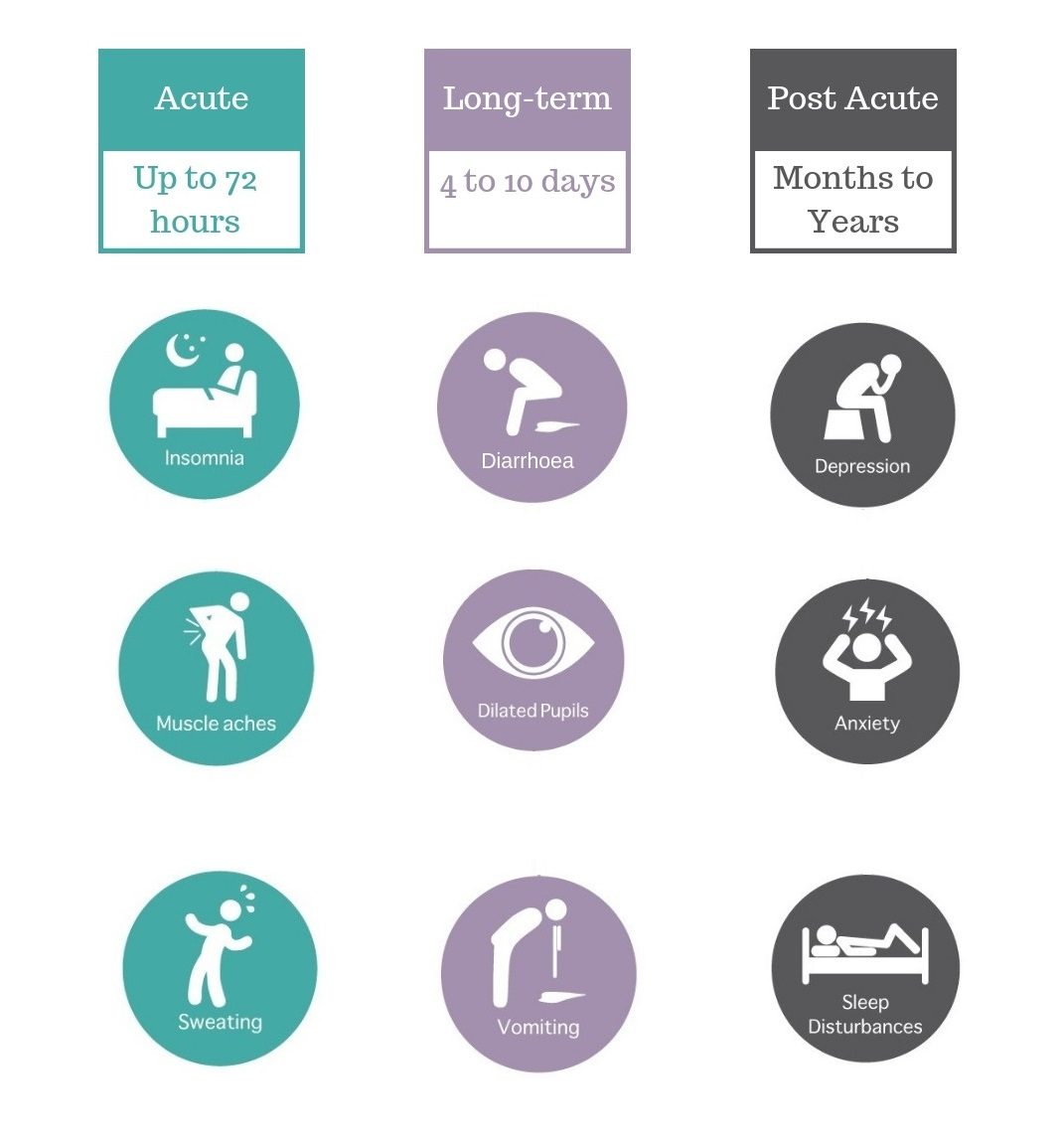
Drug tolerance occurs through repeated exposure to certain drugs over a prolonged period. The person taking the drugs no longer gains the desired benefits and effects that they used to. This means they have to either increase the amount of the drug they take or change how they take it, i.e. from smoking to injecting.
Tolerance gets higher, too, and as the body and brain adjust to a new level of the substance, you again hit a ceiling. This can only be overcome by taking yet more drugs. In many cases of chronic addiction, this becomes a daily cycle of ensuring the body has enough to avoid drug withdrawal.
Drug dependence comes after drug tolerance. The brain and body need the drug to function at some point. Missing a dose or taking any less of the drug than the brain is used to results in drug withdrawal symptoms developing. These symptoms are only relieved by taking more of the drug to which the person has become addicted.
The only recommended way of breaking the relentless cycle of drug tolerance and dependence is to undergo a full medical drug detox.
CALL FOR DRUG DETOX 24/7 02072052845Certain drugs cause an individual to become addicted more quickly than others. These drugs have potent effects while working and cause withdrawal and intense drug cravings during the comedown period.
Certain drugs, including prescription drugs, are well known for their addictive properties. These highly addictive drugs can cause an individual to become ‘hooked’ or drug dependent within only a few weeks, in some cases, less. The risk of drug addiction is that you become not only physically but also mentally dependent on a drug, making it even more complicated and possibly causing mental disorders.
At Rehab Guide, we can provide expert, comprehensive help for treatment for a wide range of drug addictions. Below is a list of the most addictive drugs.
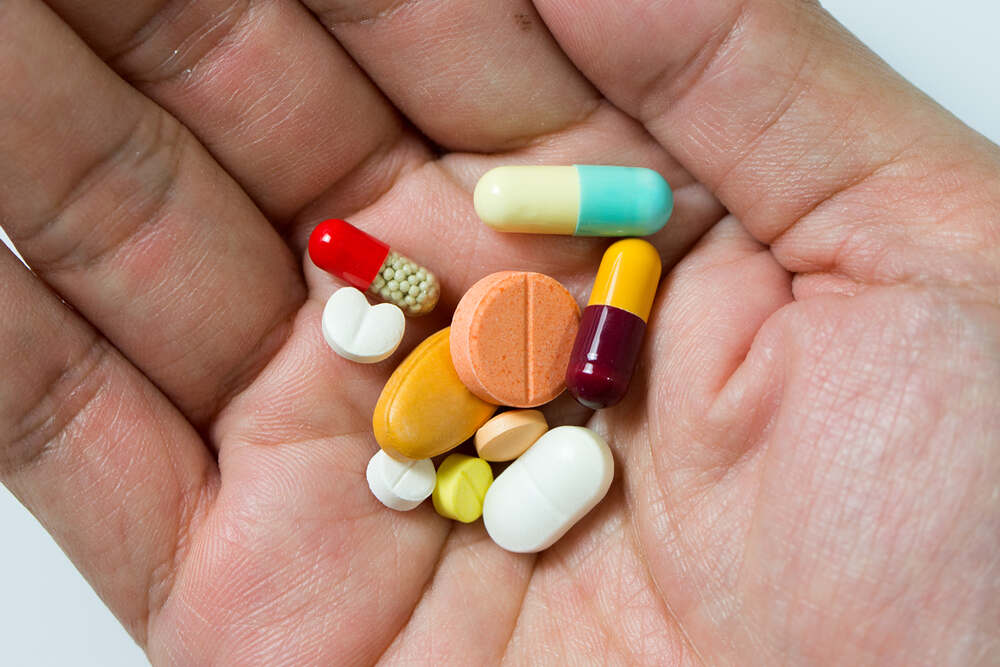
Heroin, codeine, morphine, methadone & oxycodone
Any drug from the opium poppy plant is classed as an opioid. There are many kinds of drugs in this category, from prescription medications like codeine to addictive illegal substances such as heroin.
Opioids can reduce pain and give people euphoric feelings. It is highly addictive, and you can become addicted after a single use. These types of drugs are also hazardous for overdoses.
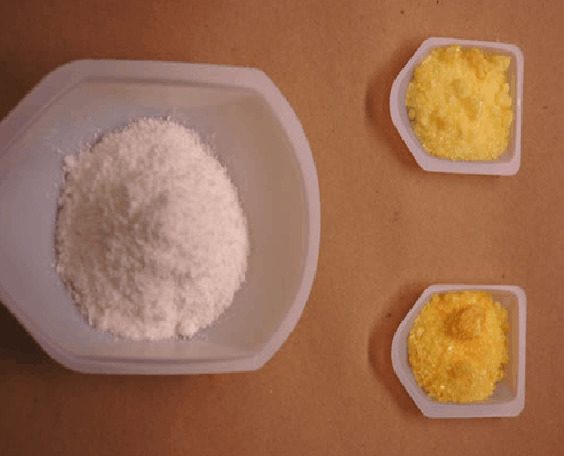
Methamphetamine, dextroamphetamine
Stimulant drugs and amphetamines are artificially made in a laboratory. In controlled doses, they are used to treat ADHD. Prescribed amphetamines are unlikely to cause addiction in those with ADHD, but more significant illegal amounts are highly addictive.
The intense high from amphetamines such as meth can cause brain damage, addiction and psychosis.

Magic mushrooms, LSD, DMT.
Any drug that changes how you perceive the world around you is a hallucinogen. There are three kinds of this drug. Psychedelics are the best known. Examples include magic mushrooms, LSD and DMT. Dissociatives make people detached from reality and have an anaesthetic effect.
Ketamine and PCP are types of dissociative and carry a high risk of addiction and fatal overdoes. This is because they are severe CNS Depressants. Deleriants are the final kind and make people delusional. Users are confused and out of control and this can cause heart problems and fever. These are not popular as recreational drugs as they are not pleasurable and are dangerous due to lack of power and physical symptoms.
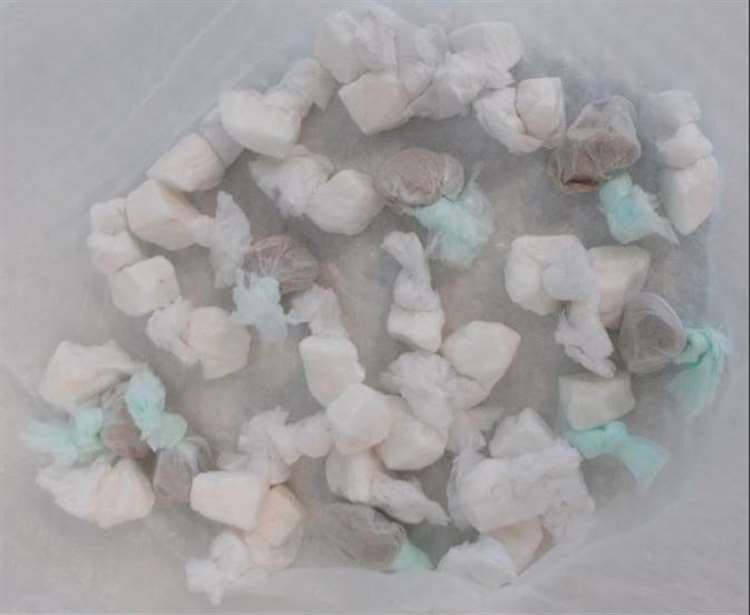
Cocaine powder, Crack cocaine.
A stimulant from the coca plant, cocaine is usually taken in powder or smoked in rocks in the form of crack cocaine. Both cause euphoria, an increase in energy, wakefulness and sexual interest. Both are very addictive as they stimulate the pleasure centres of the brain. There is a risk of heart attack, anxiety, paranoia and psychosis from using cocaine.
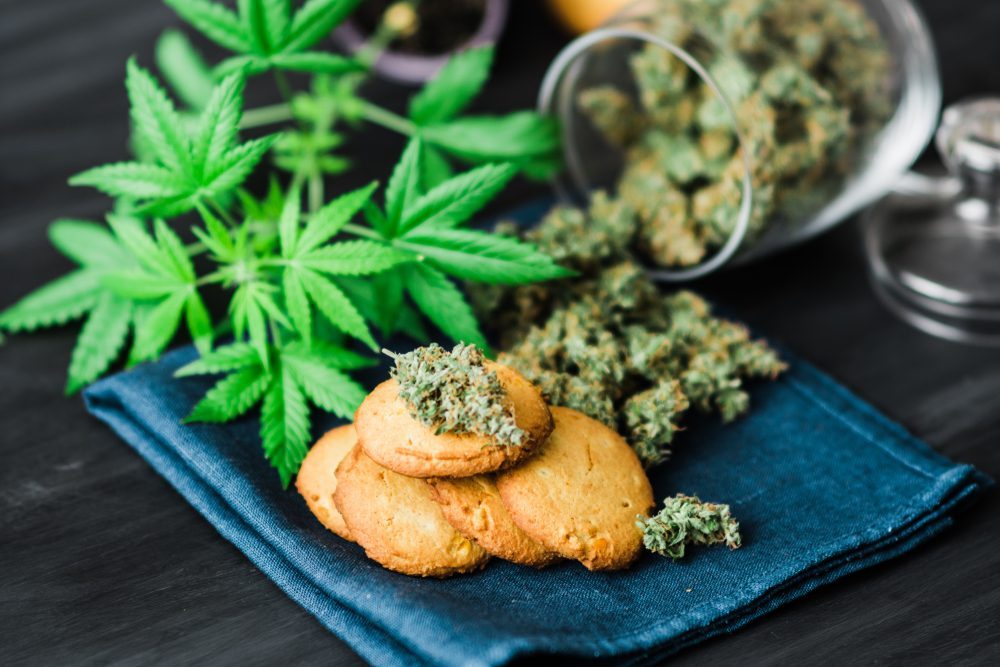
Cannabis is the most widely used recreational drug across the world. It can be consumed by smoking, eaten, or drunk in tea. The drug has several effects: euphoria, relaxation and an altered state of mind and body.
Harmful side effects include anxiety, depression, paranoia and heart and breathing problems. It is more habit-forming than addictive but can worsen mental health issues that lead to addiction, such as depression and anxiety.
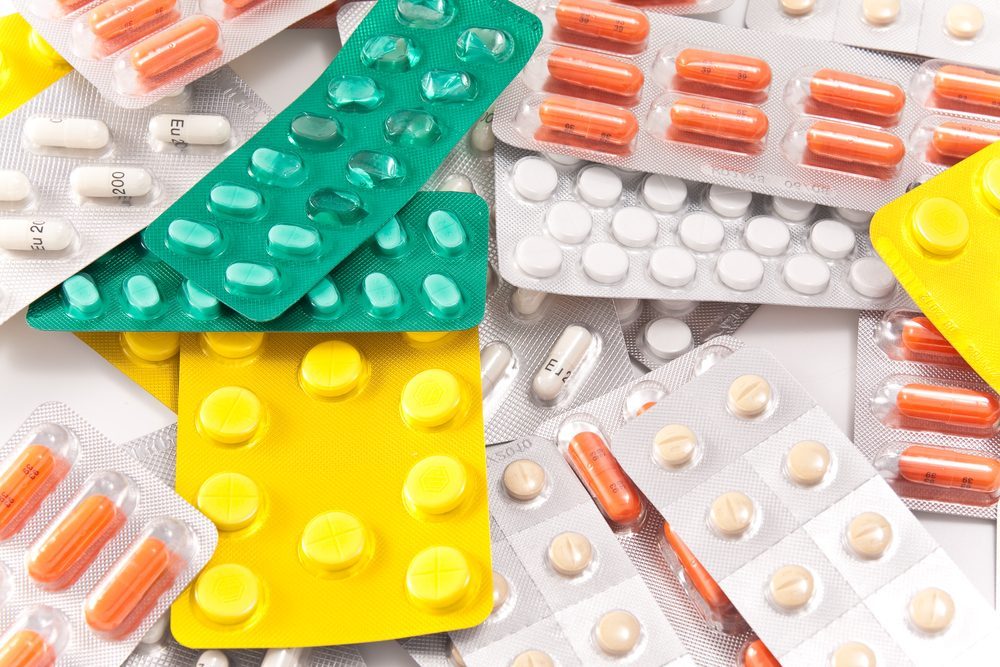
Used both recreationally and medically, benzos are psychoactive depressants. They reduce the brain’s activity level and treat anxiety, depression and insomnia. However, they are addictive, so SSRI anti-depressants have been replaced mainly with prescribed medicine. Withdrawal from benzos can be challenging, and misuse can lead to psychological problems, loss of concentration and reduced libido.
Science and research have shown that some individuals are more vulnerable to developing drug addiction than others. However, in reality, it can affect anyone.
Known risk factors that can cause drug addiction include:
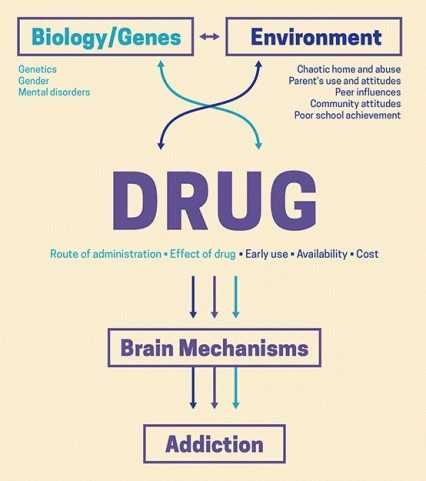
Sources: